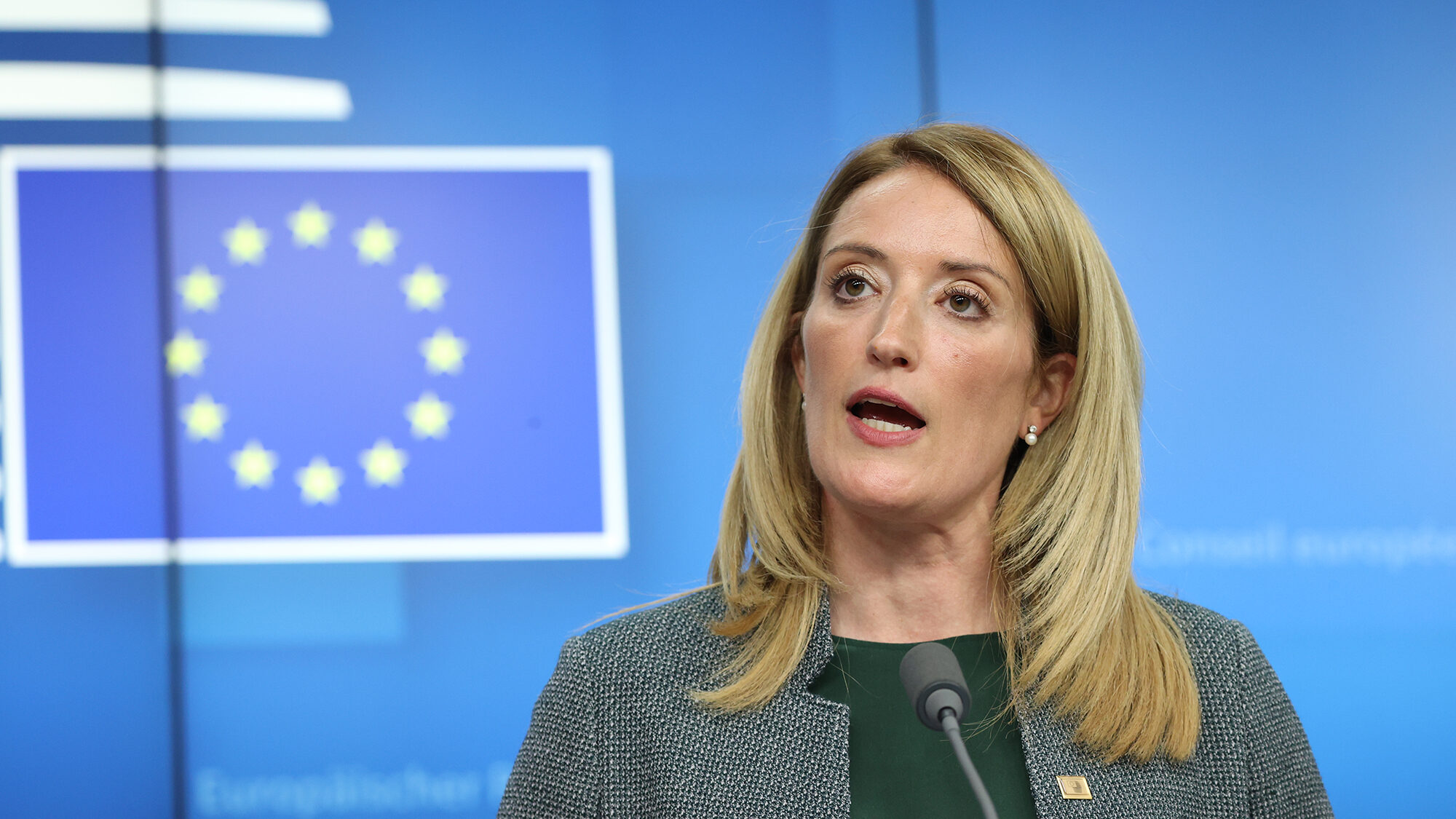Portugal announces VAT on electricity down to 6%
The Portuguese government met this Monday in an extraordinary Cabinet meeting to approve measures to support families, in the face of rising inflation and energy prices.
The Portuguese government will lower the VAT on electricity from the current 13% to 6% but has decided to leave out the tax reduction on gas consumption. This decision is part of the package of measures presented on Monday by prime minister António Costa, at the end of an extraordinary Cabinet meeting to approve a plan to support families, when inflation has reached 9%.
Portugal seems to follow the example of its neighbour Spain, which started by lowering on July the VAT on electricity to 5%, the lowest rate allowed in the European Union. Only last Friday did the prime minister, Pedro Sánchez, anticipate delivering a proposal to lower the same tax on gas from the current 21% to 5% as of October 1, keeping the measure in force at least until December.
In the German case, as announced on August 18 by Chancellor Olaf Scholz, VAT on gas will fall from 19% to 7% at the beginning of next month, until March 2024.
Other measures announced by the Portuguese government:
- Extraordinary payment of €125 to each citizen with income up to €2700 per month;
- Allocation to all families, regardless of income, of an extraordinary payment of €50 for each dependent child up to 24 years of age;
- Payment to pensioners of 14 and a half months of pensions, instead of the usual 14 months, with the extra half pension being paid in October;
- Allowing gas consumers to return to the regulated market;
- Extending until the end of the year the suspension of the increase in the carbon tax, the return to citizens of the additional VAT revenue and the reduction in the ISP tax on oil products;
- Pension increases in 2023 of 4.43% for pensions up to 886 euros, 4.07% for pensions between €886 and €2,659; and 3.53% for other pensions subject to update;
- Price freeze on public transport passes and CP rail tickets during the whole year of 2023;
- Limiting the maximum updating of housing and commercial rents to 2% in 2023;
- Creation of an extraordinary support to renting, through the attribution of a tax benefit to landlords on income from property in terms of IRS (income tax) or IRC (corporation tax).
(Article last updated at 8h51 pm)


